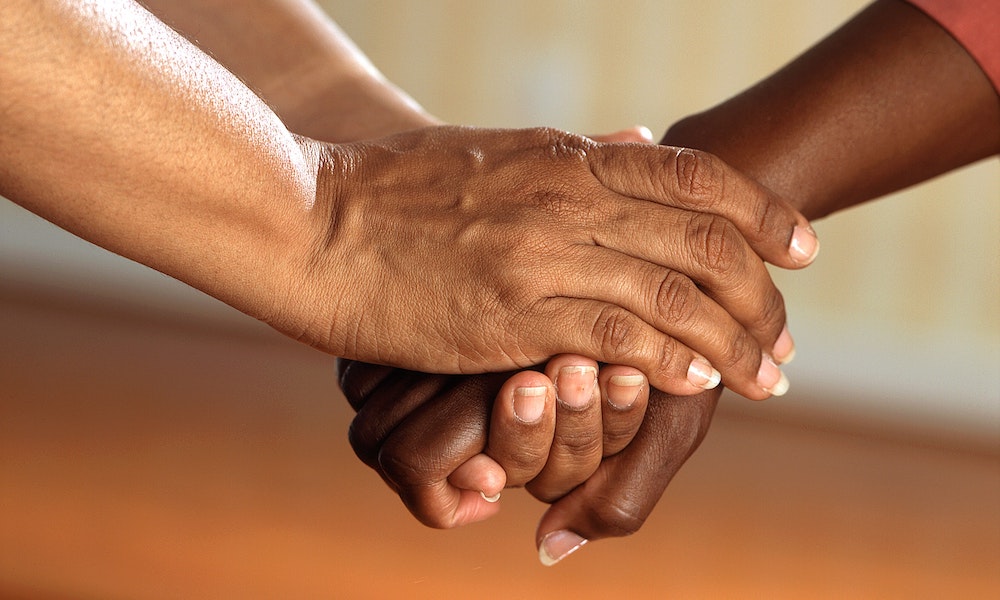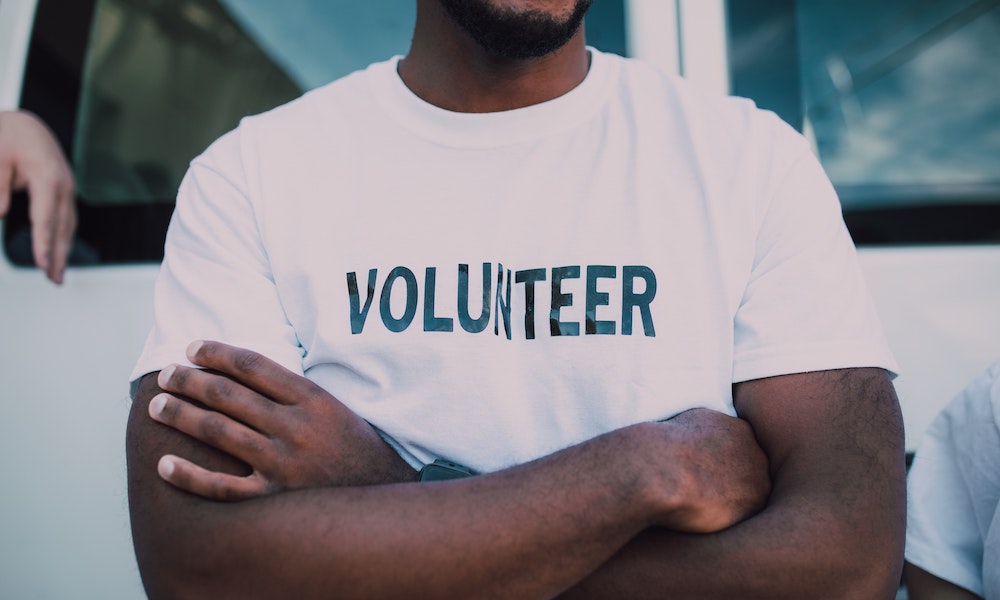Does Being An Introvert Make You A Better Person?

Let’s face it. There’s definitely an obsession with being “good” in today’s society. At least from a public-facing: ‘how we present ourselves to the world,’ perspective; and it’s all too often associated with the idea of perfection. Which is a shame – because what is becoming more apparent, is that transparency and celebrating one’s imperfections is far more fulfilling and telling of one’s good nature.
Interestingly enough, many of the personal qualities people think of when it comes to a good person, match with some of the least expected personality types. Although being introverted does not by any means require someone to be quiet or shy, it’s definitely a stereotype. In turn, introverts can be further misjudged as distant or antisocial, but this is far from the truth and a gross generalization.
The honest truth of being introverted is to have the tendency (and perfectly natural inclination), to look and focus inward on all that makes a person – them. The good, the bad, and everything in between. So, it makes a fair bit of sense, right? for introverts to be mindful of how they treat others. They’ve probably thought about it, a lot. They also likely remember and avoid mimicking behaviors that personally make them feel, well, less than great, to say the least.
Intrigued? Check out the list below of introverted traits that better you.

Empathy
Introverts are in an excellent position to be empathetic extraordinaires, but, that doesn’t mean that all introverts are empaths and vice versa. Being introverted in a general sense means you’re naturally more intuned to what others may be feeling, but when you’re also an empath, it makes you that much more sensitive to the needs of others. Empaths are a distinct type of person that can be either introverted or extroverted. They are not exclusively introverted, although they can share a number of introverted traits; like the need to recharge after a certain amount of time socializing or feeling overwhelmed from overstimulation.
An introvert that is empathetic – and could go so far as to be called an empath – will feel a bit like a human sponge. They’ll be particularly aware of everyone’s body language and facial expressions and as a result, be affected to some degree. This can be hard on the introvert, as they take in both the positive and negative aspects of what others are feeling, whether it be sad and stressed or happy and motivated. But it’s also the way they’re built to navigate and interact with the world around them and that’s why any introverted empath would be gratified to help someone. It’s not just about doing the right thing, it also satisfies personal fulfillment.

Generosity
Being generous basically means that a person is more willing to give than to receive or more than is expected. As far as what they’re actually giving, it can be anything. Time, money, things – whatever it may be, a generous person offers it and is considered even more so if they expect nothing in return. Although introverts constantly measure the level of energy (along with the give-and-take you could say) exchanged in any situation or room, it doesn’t mean that they’re stingy with it or only give the energy they receive.
Introverts are some of the best observers out there. They notice the little things, even if it’s a small gesture by another person, they’re likely to notice, appreciate, and reciprocate it when given the chance. However, since they expend a lot of that energy through certain activities, like interacting with others, or just being out in the world and dealing with how hectic it can be – they can quickly burn out and risk stretching themselves too thin. For that reason, understandably, they may mindfully conserve their energy and seem less generous, or be more willing to expend it for people they’re especially close to like family and friends.

Patience
Not all, but some introverts may take some time to get to know someone. They might have their guard up or just need to take things slow in order to earnestly accept someone into their life, especially as a valuable member of their social circle. Unsurprisingly, for that reason, a common preference of introverts is to have less rather than more friends, because they favor having few; but meaningful, strong bonds, rather than many that are shallow with people they don’t authentically connect with.
Because they’re no stranger to patience and have likely built up the capacity for it through practice, introverts are motivated to be more understanding and patient with others. The tolerance to be patient can open introverts up to a new level of helpfulness and add immense value to their relationships. When a friend or loved one needs unjudgemental support and attention, an introvert can provide it by tapping into the ability to be patient with them, no matter the situation or circumstances.

Dependability
Introverts are constantly processing internally, this we already know. However, that’s not the only thing they’re processing. It’s just as likely for an introvert to be thinking about what others are feeling and going through. Especially, INFJs, ISFPs, and INTJs. This gives them a natural sensibility with people and the ability to “sync” with them in terms of their needs and wants.
To the average introvert, helping someone out is far from a bother or a nuisance. It’s actually in their best interest to lend a hand and even initiate an offer to assist if they see someone struggling; because an environment where everyone is comfortable and unstressed is ideal. The condition or nature of their surroundings plays a huge role in how an introvert might feel and act during the day, so the saying “your problem is my problem” applies perfectly.

Courage
It may surprise some to learn that introverts are incredibly brave. Simply because they quietly face and overcome hurdles constantly in life and during daily life. No one introvert is the same; they are distinct individuals that may feel more or less intimidated about certain aspects of navigating the world, but in a general sense, all introverts cope with finding a balance between introspection and being present with the world and all its many distractions and expectations.
For that reason, introverts have a lot to offer people that are facing their own fears. Though they may not share their particular fears, an introvert knows the challenge of dealing with feelings like fear, anxiety, and dread. From a place of empathy, they can comfort and encourage others when they’re experiencing the same, and more than anything else, they know that – like a muscle, courage needs to be worked on. The more you’re exposed to what you’re afraid of, the sooner you’ll be able to better handle and even conquer it.
Hana Othman
Latest posts by Hana Othman (see all)
- How To Plan a Retreat as an Introvert - April 26, 2024
- An Introvert’s Guide to Enjoying Group Tours - April 23, 2024
- Designing the Perfect Home Office for Introverts - April 18, 2024






